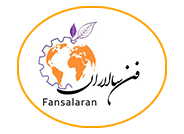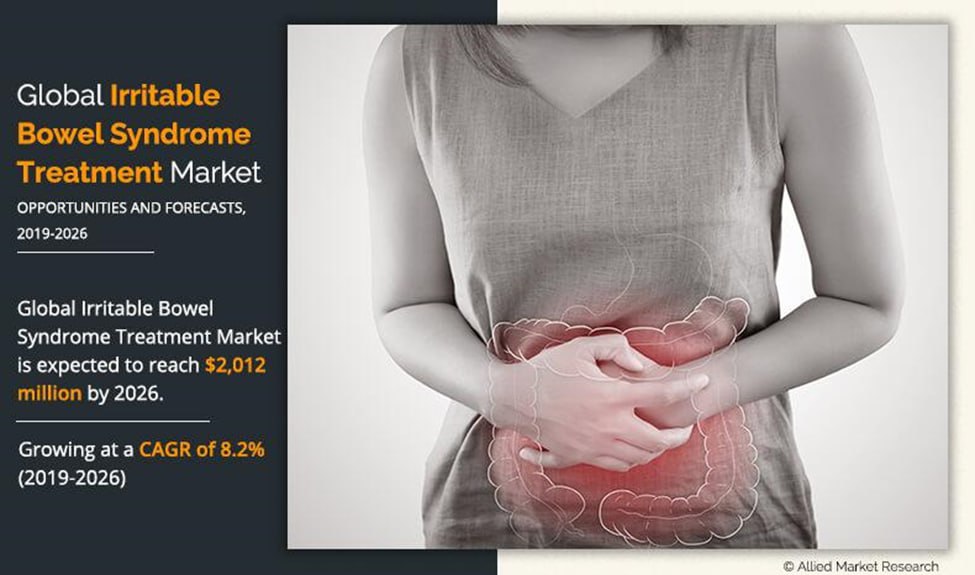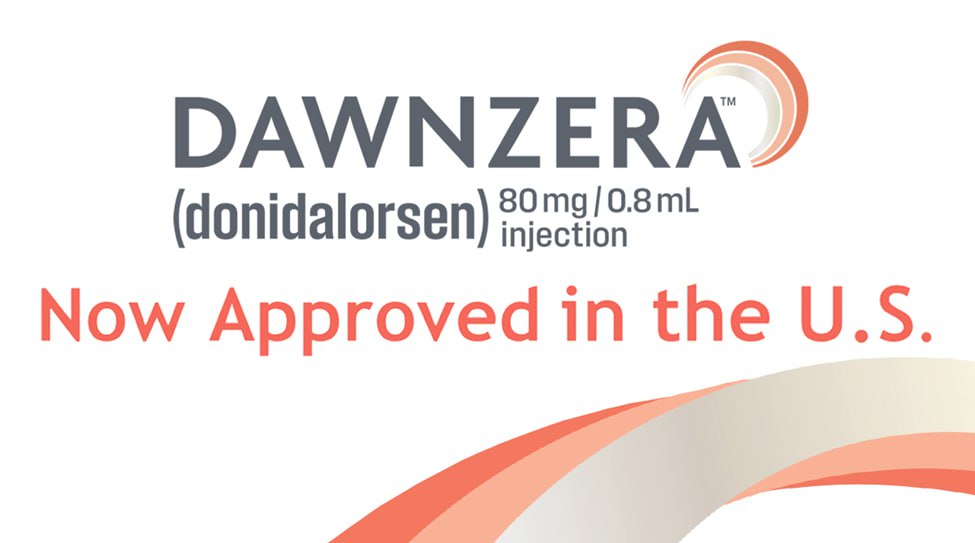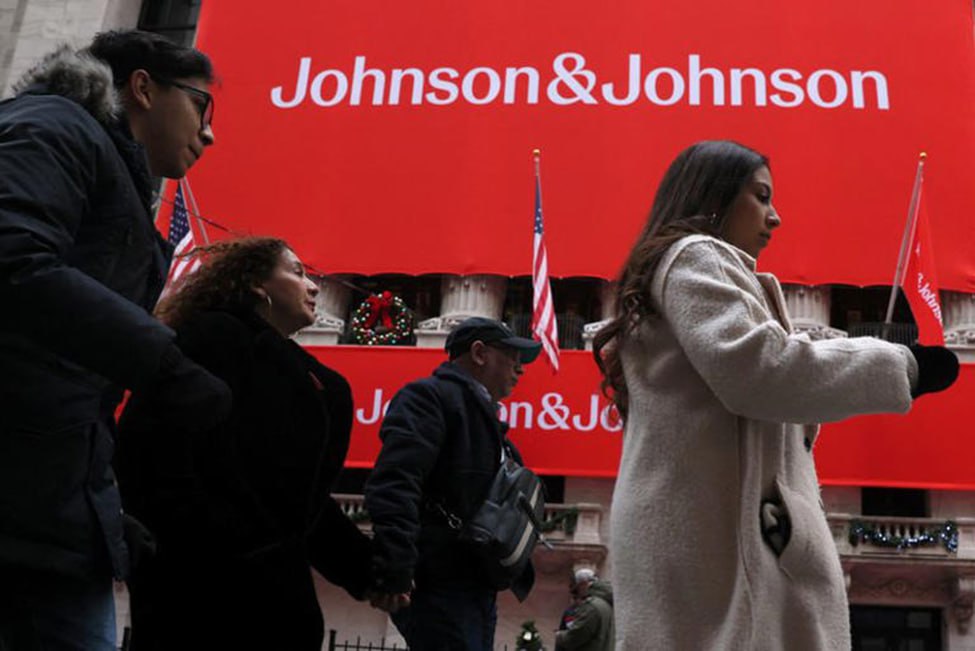The global irritable bowel syndrome (IBS) treatment market is experiencing a remarkable growth trajectory, with market value expected to soar from $1.07 billion in 2018 to $2.01 billion by 2026, registering a CAGR of 8.2% between 2019 and 2026. This upward trend is driven by the growing global prevalence of gastrointestinal disorders, aging populations, and an increasing demand for effective, targeted therapies.
Understanding IBS: A Growing Health Challenge
IBS is a chronic gastrointestinal disorder that impacts the large intestine, causing symptoms such as abdominal pain, bloating, gas, cramping, and irregular bowel habits. The condition is broadly categorized into three types—IBS with diarrhea (IBS-D), IBS with constipation (IBS-C), and Mixed IBS—with IBS-D currently accounting for the largest share of diagnosed cases worldwide.
Treatment strategies for IBS are multifaceted, combining dietary modifications, stress management, counseling, and pharmacological interventions. Medications such as rifaximin, eluxadoline, lubiprostone, linaclotide, and antispasmodics like peppermint oil and dicyclomine are widely prescribed, offering symptom relief and improving quality of life for patients.






